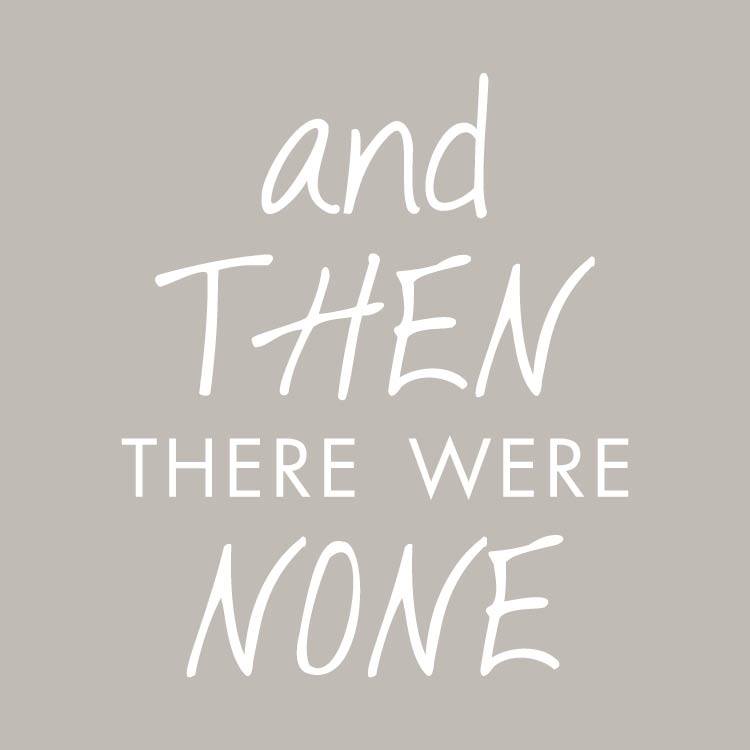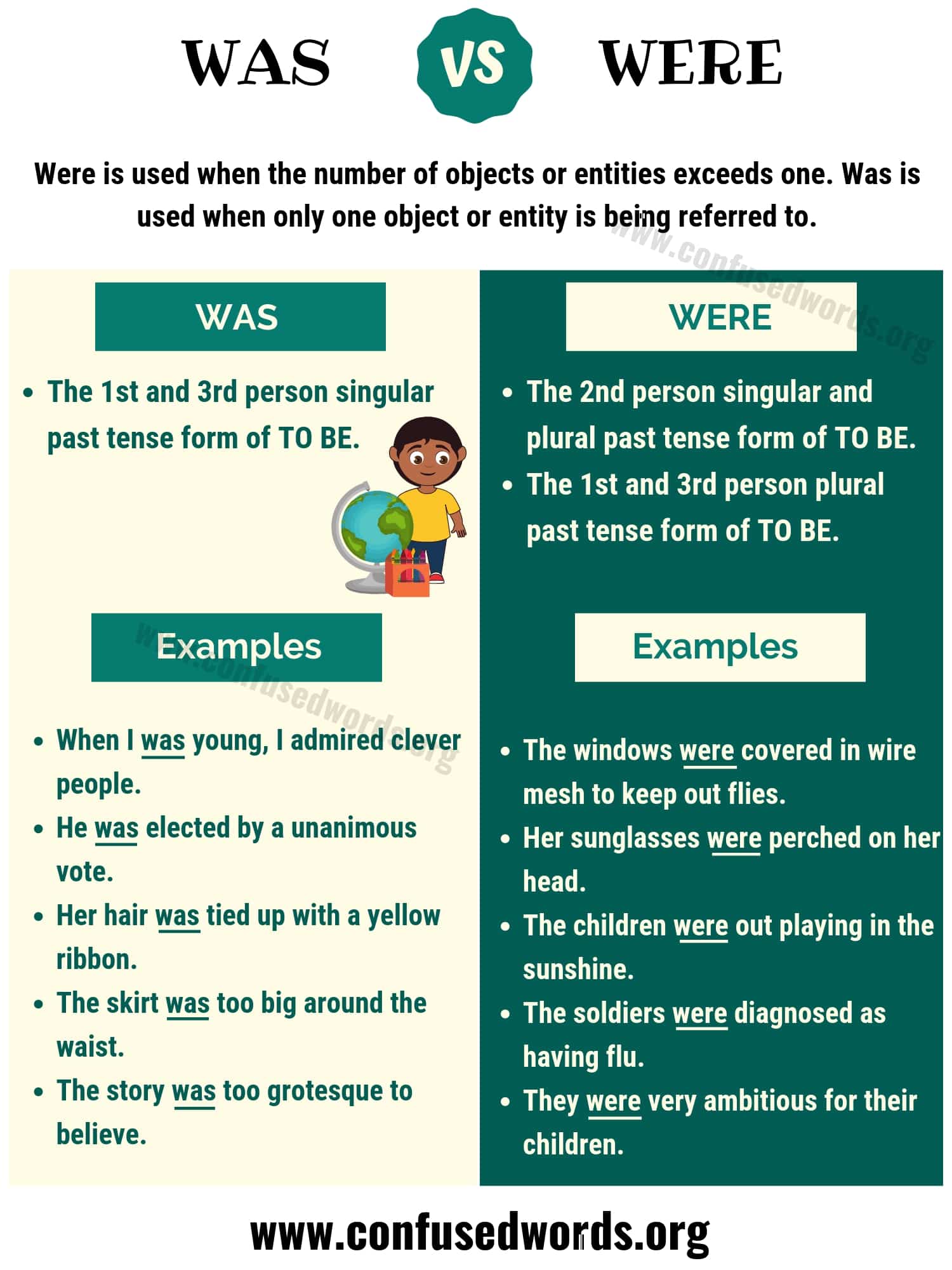
We Were YouTube Music
If you're trying to describe a hypothetical or doubtful situation, also known as the subjunctive mood, use if I were. Unlike sentences with if I was, these are cases that are contrary to current fact. Some if I were examples include: I bet Henrietta would go out with me if I were taller.

Was and Were Basic English grammar Grammar
You imagine yourself in their position or situation and what you would do or how you would react. If I were you, I would study more. If I were you, I would stop doing that. If I were you, I would go to the doctor. if I were you, I would subscribe to the Woodward English YouTube channel right now. :) If I were you, I wouldn't play with those wires.

Pink Floyd «Wish You Were Here» Rockmania
Which is correct: "if I was" or "if I were"?

Were the World Mine Lektor Cda
The short answer: they're both right AND wrong. It depends completely on how you're using the statement. "If I were" You use the phrase "if I were…" when you are using the subjunctive mood.

And Then There Were None Newsletter Hub
"If I were an animal, I'd be a cat" - obviously I'm not really an animal, I'm just imagining it. There's a song by Beyoncé called "if I were a boy" - she's talking about what she would do if she were male instead of female; this is an imaginary situation, not a real possibility. Here are some more examples:

Was vs. Were How to Use Were vs. Was Correctly • 7ESL
The second conditional is used to imagine present or future situations that are impossible or unlikely in reality. If we had a garden, we could have a cat. If I won a lot of money, I'd buy a big house in the country. I wouldn't worry if I were you. The structure is usually: if + past simple >> + would + infinitive.

Milly Cassette — Humans Were Here
The correct choice between was and were in an if clause depends on whether you're using an unreal conditional sentence, also known as a hypothetical sentence. But how do you know if you're dealing with an unreal conditional sentence?

When We Were One YouTube Music
The meaning of IF I WERE (SOMEONE) is —used when expressing an opinion as to how another person should act or behave. How to use if I were (someone) in a sentence.

Wish You Were Here》 Pink Floyd的专辑 Apple Music
You use If I was in the "if" part when the "then" part is in the simple past. These are always conditionals from Maule's class B. It would not be grammatical to use "If I were" there. These "real past" cases happen all the time in real speech and real writing, as Jones and Waller prove. Consider this arrangement:

We Were Here Expeditions The FriendShip IGN
if + past simple,.would + infinitive (We can use 'were' instead of 'was' with 'I' and 'he/she/it'. This is mostly done in formal writing). It has two uses. First, we can use it to talk about things in the future that are probably not going to be true. Maybe I'm imagining some dream for example. If I won the lottery, I would buy a big house.

If I Were You YouTube Music
If I were is used to express an imaginary situation in the present. If I were you, I would take a vacation. I would give the test again if I were the teacher. If I was is used to express something that was true when or if something else happened: If I was late for class, I got into trouble. I had to do extra homework, If I was absent.
What's That? We're From the Future Know Your Meme
If I was is the phrase to use when describing a plausible action in the first-person past tense. Let's look at a few examples: I should find out if I was awarded the scholarship on Friday. My friend wasn't sure if I was staying with my parents at the time. If I was responsible for the mistake in my team's report, I should be the one to correct it.

Pink Floyd Wish You Were Here Album Art
Use 'if I was' for real situations that are in indicative mood. If I were Used in a subjunctive mood, 'if I were' indicates an unreal situation. Something that can never happen. You are imagining a situation, that isn't true yet or cannot be true. If I were Bill Gates, I would be the richest person in the world.

1200x480 Resolution We Were Here Forever HD 1200x480 Resolution
If I were you vs.If I was you. When we use the verb be in second conditional if-clauses, we can use were instead of was with the I, he, she and it forms of the verb. There is no change in meaning, although were is sometimes considered more formal than was.. Examples: If it were possible, I would stay in five-star hotels for the whole trip. = If it was possible,.

Was vs. Were How to Use Were vs. Was Correctly? Confused Words
"If I was" is in the conditional tense, which conveys a possible scenario with a plausible speculative result. In other words, if you correctly express "if I was," you will suggest that what follows is not impossible, even if it will not take place.

"I wish I was" vs "I wish I were"
The phrase "if I were" is part of a very small subset of English grammatical tense called the subjunctive mood. This tense is used to talk about situations or things that are hypothetical, or that haven't or couldn't happen but are being considered from an academic perspective. For instance: